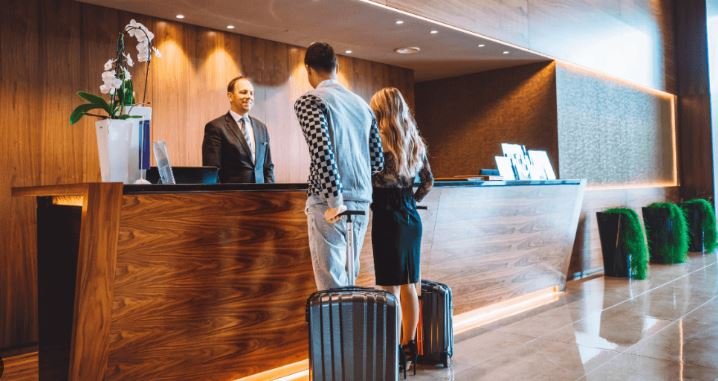Jul 29, 2024
The Art of Personalized Guest Experiences
In the competitive hospitality industry, the art of personalized guest experiences is pivotal for creating memorable stays and fostering customer loyalty. Personalized experiences cater to individual preferences, making guests feel valued and appreciated. This approach transforms a standard visit into a unique, tailored journey that resonates with each guest’s specific desires and needs.

Understanding Guest Preferences
Firstly, understanding guest preferences is the cornerstone of personalized experiences. Hotels and resorts invest in sophisticated customer relationship management (CRM) systems to gather and analyze data about their guests. This data includes previous stays, preferences, special requests, and feedback. By leveraging this information, hospitality providers can anticipate guest needs and tailor services accordingly. For example, knowing a guest’s preferred room type, dietary restrictions, or favorite amenities allows the hotel to prepare in advance, ensuring a seamless and customized experience.
Customized Welcome Amenities
Additionally, offering customized welcome amenities sets the tone for a personalized stay. Upon arrival, guests might find a welcome note with their name, a selection of their favorite snacks, or a locally-inspired gift. These thoughtful touches demonstrate attention to detail and make guests feel special from the moment they step into the hotel. Personalized welcome amenities are a simple yet effective way to show appreciation and make a lasting first impression.
Tailored Room Settings
Moreover, tailored room settings enhance the overall guest experience. Some hotels allow guests to choose their room preferences during booking, such as bed type, pillow firmness, or room temperature. Advanced technology enables hotels to save these preferences for future visits, ensuring consistency and comfort. By offering options that cater to individual tastes, hotels can create a home-away-from-home atmosphere that encourages repeat stays.
Personalized Dining Experiences
Furthermore, personalized dining experiences significantly contribute to guest satisfaction. Restaurants within hotels can offer tailored menus that consider guests’ dietary restrictions, allergies, and culinary preferences. Some establishments take it a step further by providing personalized cooking classes or bespoke dining experiences, such as private dinners prepared by the chef based on the guest’s preferences. These unique culinary offerings add an exclusive touch that enhances the guest’s stay.
Exclusive Activities and Experiences
In addition, exclusive activities and experiences curated for guests can elevate their stay. Hotels can organize personalized tours, spa treatments, or recreational activities that align with guests’ interests. For instance, a hotel might arrange a private yoga session for a guest who practices daily or a guided tour for someone interested in local culture. By creating bespoke experiences, hotels can leave a lasting impression and encourage guests to return.
Effective Communication
Also, effective communication is crucial in personalizing guest experiences. Staff trained to engage with guests in a friendly and professional manner can identify opportunities to enhance the stay. By asking the right questions and actively listening, staff can uncover additional preferences and needs. Personalized follow-up communication, such as thank-you emails or surveys tailored to the guest’s experience, further solidifies the relationship and provides valuable feedback for continuous improvement.
Leveraging Technology
Moreover, leveraging technology is essential for delivering personalized experiences. Mobile apps and in-room tablets allow guests to customize their stay, from ordering room service to scheduling activities. Artificial intelligence and machine learning algorithms help predict guest preferences and suggest relevant services. Integrating these technologies into the guest experience ensures convenience and a high level of personalization, catering to the modern traveler’s expectations.
Conclusion
In conclusion, the art of personalized guest experiences is a dynamic and evolving aspect of the hospitality industry. By understanding guest preferences, offering customized amenities, and leveraging technology, hotels can create unique and memorable stays. Tailored experiences not only enhance guest satisfaction but also foster loyalty, encouraging repeat visits and positive word-of-mouth. In a competitive market, mastering the art of personalization is key to standing out and building lasting relationships with guests.
More Details